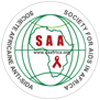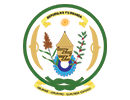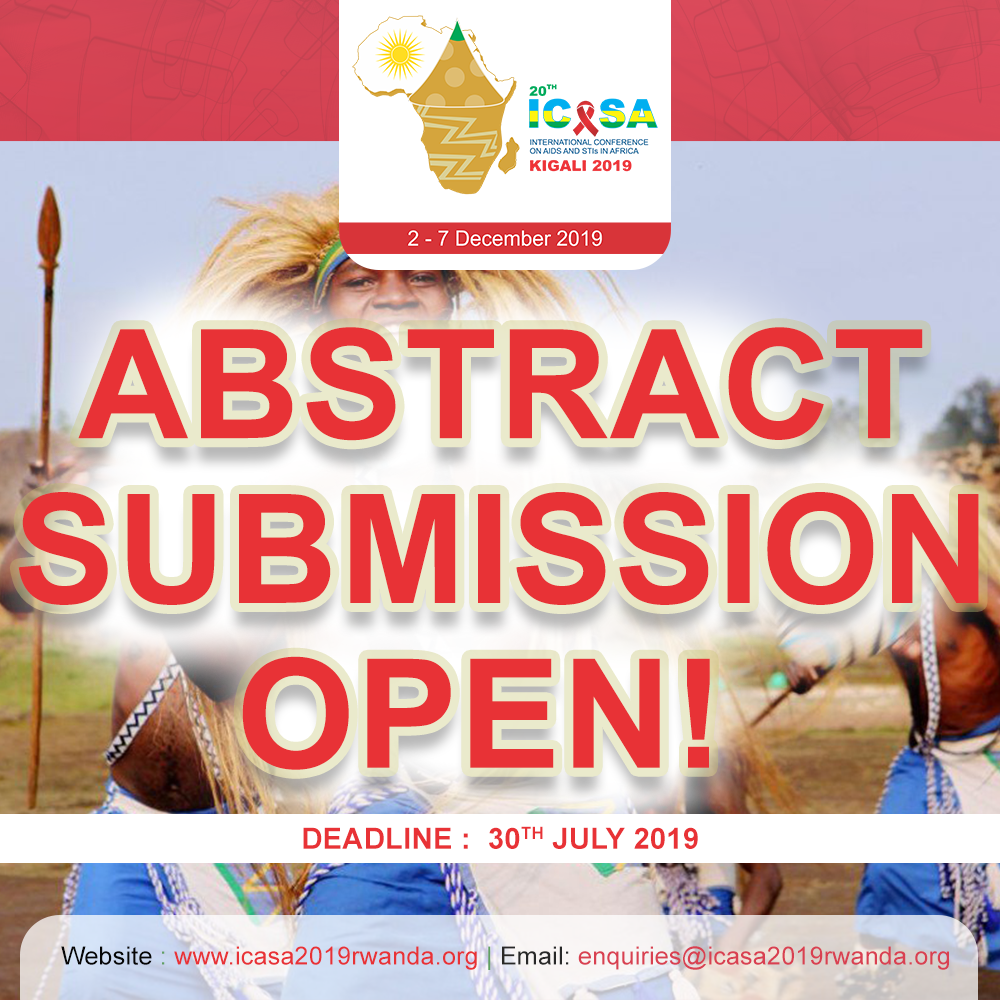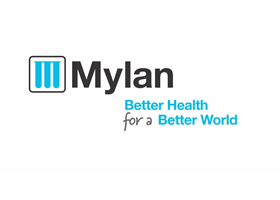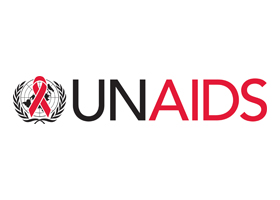Time: 12.45 – 14.15
Room: MH2
Reporter: Clementine Uwimana
The speakers at the session were Chrispin Chomba, Pedro Garcia, Penny Learmonth and Dr. David Bitira Chrispin Chomba talk was titled ‘Working with Leaders to Champion and Lead to HIV responses to end AIDS by 2030’. He noted that the influential roles of leaders could affect perceptions and attitudes. However, the leaders that can influence change of perceptions, attitude and motivate for actions towards uptake of HIV services needs to be trustworthy, knowledgeable, and in good standing with the community. Majority of community members in Zimbabwe interviewed agreed that community leaders are important and influential in HIV response.
Pedro Garcia’s talk was titled ‘A Global survey on Access to and Quality of HIV care and Treatment’. He shared with session participants, the work of the International Treatment Preparedness Coalition, a global network of people living with HIV and community activists working to achieve universal access of optimal HIV treatment. He identified that the initiative is to support community level monitoring of access to quality treatment and support evidence based advocacy to hold government to accountable to improving timely diagnosis since people living with HIV are now presenting with advanced HIV.
Penny Learmonth’s talk was titled ‘The Role of the Community Based NPO in Working with Clinics to find the lost to follow ups’. She identified that the core service provided by the organization is to increase diagnosis of HIV infection, and support treatment adherence and viral suppression. Patients are often lost to follow-up in sub-Saharan Africa because of concerns with being found taking antiretroviral. They then either stop taking drugs even when they come to the clinic, or they disappearance from the programme for no reported reason.
Dr. David Bitira’s talk was titled ‘Village Saving and Loans Association Clip Children living with HIV to lifelines’. He stated that 30% of 96,000 children under 14 years of age living with HIV in Uganda are lost to follow up before and after enrollment in care .Caretakers have limited knowledge of childhood HIV and care and this affects adherence to care. Also many have challenges with income and transportation to health facilities. The association addresses some of these challenges thereby reducing new paediatric HIV infections and enabling more HIV positive children to be on treatment. One other result is the increased number of children tested for HIV.


